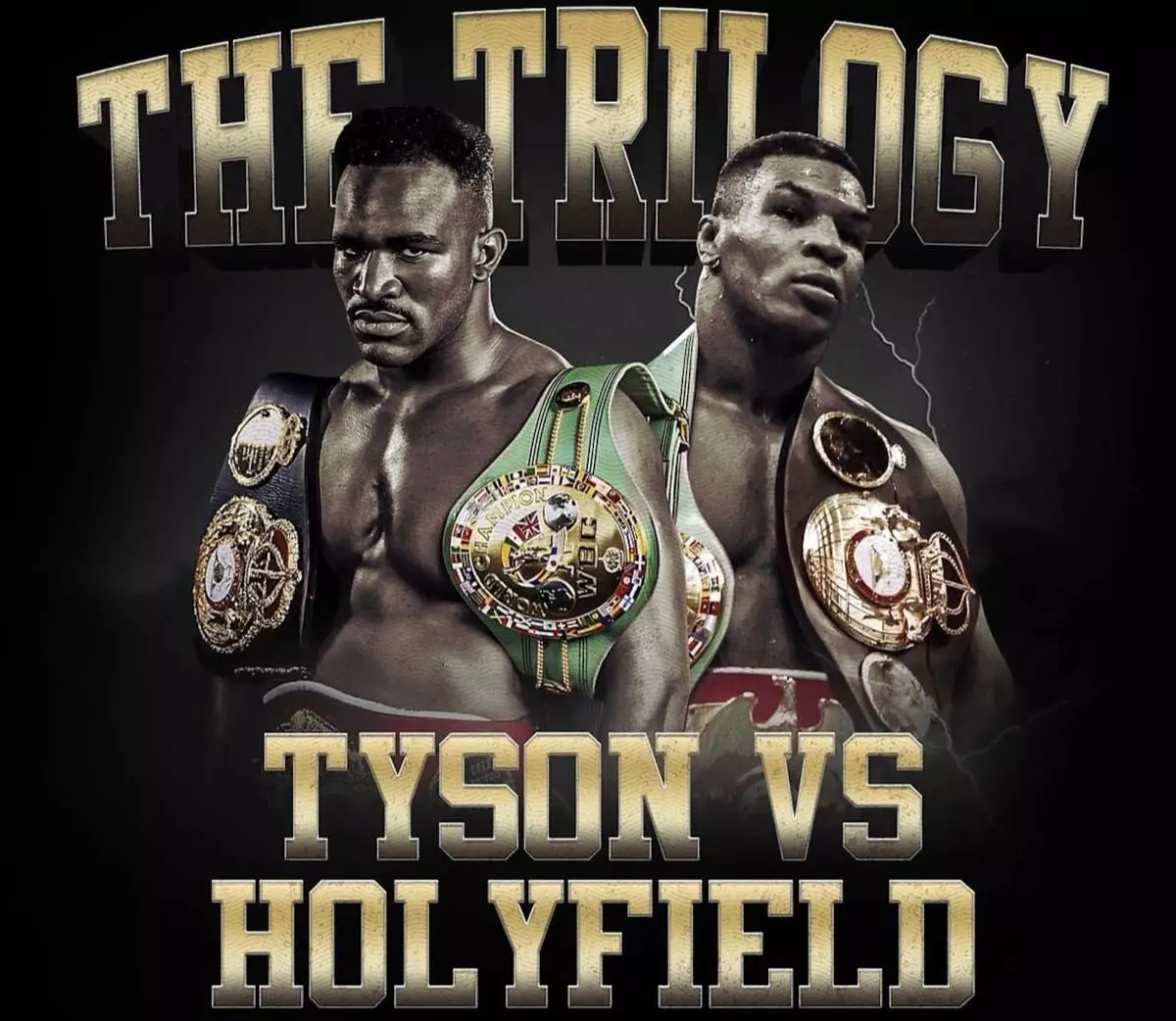The boxing world has seen its fair share of oddities and unsettling antics, particularly in recent years. Events that you might expect would signal the end of an era instead seem to usher in a new wave of peculiarities. The spectacle surrounding boxing matches featuring aging legends raises profound questions about the nature of competition, the impact of celebrity culture, and the responsibility of both fighters and promoters.
A prime example of this trend is the recent clash between 58-year-old Mike Tyson and YouTuber Jake Paul. Once revered for his ferocity and undeniable talent, Tyson’s performance highlighted the devastating effects of age and time. Many expected that this bout would silence the whispers about aging warriors stepping back into the ring, but instead, it opened the floodgates for speculative matchups involving fighters well past their prime.
Against the backdrop of this fight, Paul has been linked to a slew of potential opponents, elevating the sense of absurdity within the sport. While some view it as a reimagining of boxing for a new generation, others lament the dilution of what was once considered a noble and gritty sport. The allure of celebrity fights is undeniable, drawing in viewers eager for entertainment rather than athletic prowess. However, it raises an ethical question: at what point does entertainment become exploitation?
Adding fuel to the fire, Evander Holyfield, Tyson’s historic rival, has proposed a trilogy fight. Now 62 and fresh off an agonizing loss to Vitor Belfort, his announcement was cloaked in a mock fight poster labeled “Unfinished Business.” Holyfield’s assertion that “the fans want it” struck a dissonant chord, as many would argue that such a matchup represents a desperate grasp for relevance rather than a legitimate contest.
Tyson’s response was surprisingly mature, emphasizing the importance of their friendship over the thrill of competition. The fact that Tyson seems to step back into the shadows of retirement while Holyfield flirts with a return to the ring demonstrates a significant contrast in their respective attitudes towards boxing at this point in their lives.
The continued presence of fighters like Tyson and Holyfield in the ring — particularly against a backdrop of cringe-worthy performances — raises vital concerns about the broader implications of aging in combat sports. Professional boxing is not merely a sport; it’s a grueling battle that demands physical and mental acuity. Viewing aging fighters unfit for the modern rings can produce a sense of unease among fans and critics alike.
As we observe figures like Oliver McCall, who at 59 is still willing to step into the boxing ring, the trend only deepens. McCall’s anticipation for a 40-year professional boxing career illustrates not just dedication but also a troubling notion wherein the longevity of a career is celebrated regardless of the quality of that career in its later stages. While nostalgia for past glories is natural, there must be a balance struck between honoring veterans and safeguarding their well-being.
Looking forward, it is crucial for the boxing community — including promoters and governing bodies — to engage in honest discourse regarding the future of the sport. Aging legends deserve respect and admiration for their contributions, but should not be subjected to the physical demands of a sport that, at its core, thrives on youth and vigor. With fan interests swaying towards a circus-like atmosphere revolving around celebrity appearances, boxing risks heading down a slippery slope into irrelevancy.
Ultimately, the boxing world has the power to reclaim its identity by placing an emphasis on genuine athleticism. As we grapple with the reality of aging fighters, protecting their legacies while ensuring their safety should be paramount. It is high time for boxing to evolve: steering clear of exploitation and instead fostering an environment where the sport can be celebrated for its authentic spirit, strength, and resilience.


Leave a Reply